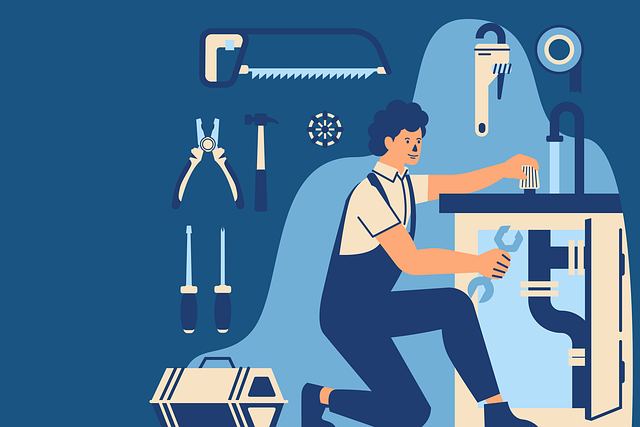Cleaning pipes in properties properly – what to look out for?
With pipes, it’s a bit like with health. If sufficient precautions are taken, small problems can be quickly remedied so that larger catastrophes can be avoided. If you don’t, you will pay dearly for it one way or another. But how do you take care of your pipes properly? How do you recognise problems and how do you react to them so that the environment doesn’t miss out either?
Clogged pipes – how do you recognise them?
Blocked pipes do not occur at short notice, the expert for sewer cleaning Frankfurt assured us. Normally, films of lime and grease form at the edges. Hair or kitchen scraps, for example, get caught in these films. And so the flow gets tighter and tighter, until at some point nothing works any more. Users recognise this at the beginning when the water no longer flows at the speed they are used to. At this point, at the latest, it is time to react. Experts recommend doing it regularly anyway, before small backups develop in the drain. But if this does not happen, then the first sign of slow water runoff should be taken seriously.
If it doesn’t happen, things get really uncomfortable. Once the pipes are completely blocked, a specialist is needed. This costs more money than doing it yourself anyway. But it’s more a question of whether anything can be done at all, or whether a wall has to be torn open or expensive equipment is needed. Moreover, it is obvious that such things always happen at the weekend, so that the tariff for an emergency call-out doubles and triples again.
What can be done about blocked pipes?
A look at the advertisements gives the first clue. There are special pipe cleaners for households that quickly get the drain clean again. This is made possible by the fact that the ingredients form a caustic lye with the water. This eats away at many organic substances, while it does not form a reaction with the material of the pipes. In this environment, pipe cleaning or sewer cleaning can indeed be solved practically and easily with the help of chemistry, without any special prior knowledge. However, the environment has a problem. The contents are not filtered out by the sewage treatment plant, so the chemicals could end up in the groundwater.
A better alternative would be to pour in a good portion of washing-up liquid and then add a load of boiling water. This mixture also works very well against grease and would dissolve the grease coating around the particles again. Alternatively, a suction cup is useful. By alternating suction and air pressure, the water rinses out the materials with its movements. In any case, the environment will thank you very much.
Caution: If pipes are blocked, you as the landlord must bear the costs. You will probably not be able to pass them on via the service charge bill.
